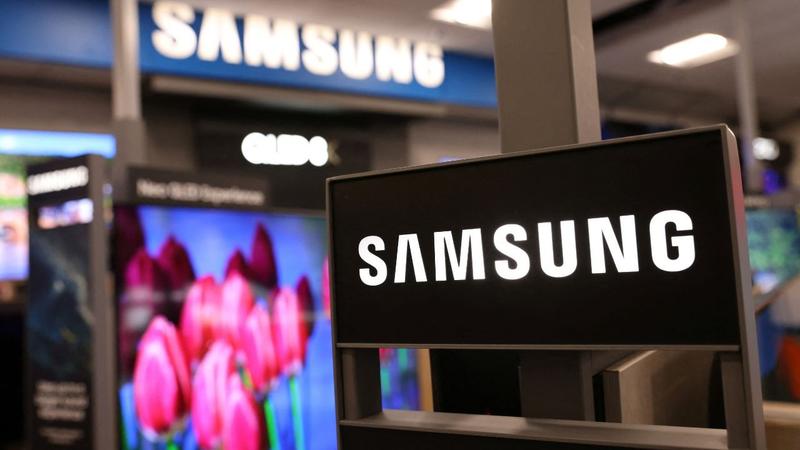Published 20:44 IST, November 14th 2024
Samsung blames Korea's strict labour laws for underwhelming Exynos chips
Samsung has reportedly discussed the country's workweek regulations with the government, calling it a hindrance to its business.

Samsung's in-house Exynos processors do not enjoy the reputation that Qualcomm's Snapdragon, MediaTek's Dimensity, and Apple's A-series chips do. That is because they have often failed to match the performance of the chips from rival companies. So much so that Samsung is second-guessing its decision to equip the upcoming Galaxy S25 Ultra with the next high-end Exynos chip and reportedly considering using the Snapdragon 8 Elite. Samsung has now cited South Korean strict yet progressive labour laws as a reason for the inefficiency in Exynos chips.
As reported by The Chosun Daily, Samsung has faced challenges in meeting deadlines due to the 52-hour workweek law in Korea, according to which employees must not work beyond 52 hours a week, including 12 hours of overtime, in their company's official premises. The development of the Exynos 2500 processor -- Samsung's next flagship chip -- was impeded because its employees had to leave crucial projects unfinished to comply with the regulations.
According to a senior engineer at Samsung's mobile application (AP) development team, some key employees have to work off the clock, resulting in unrecorded (and unpaid) hours. The team often works with 10-20 times fewer employees than those in Apple, Qualcomm, and MediaTek, per the report. Since the AP team is responsible for chip development to help Samsung take on the competition, the lack of employees working in the office hampers the progress.
Samsung has reportedly discussed the country's workweek regulations with the government, calling it a hindrance to its business as the company seeks to compete against international chipmakers. However, industry critics have argued that SK Hynix -- one of the world's largest semiconductor suppliers based in Korea -- has stayed competitive in its industry while ensuring compliance with the country's laws.
Meanwhile, some employees at Samsung do not blame Korea's 52-hour workweek entirely, arguing that merely extending work hours will not address Samsung's lull in the chip market and bring "corporate innovation."
For what it is worth, Samsung's Exynos chips may take a while before the company considers them for its high-end Galaxy S-series phones.
Updated 20:44 IST, November 14th 2024



